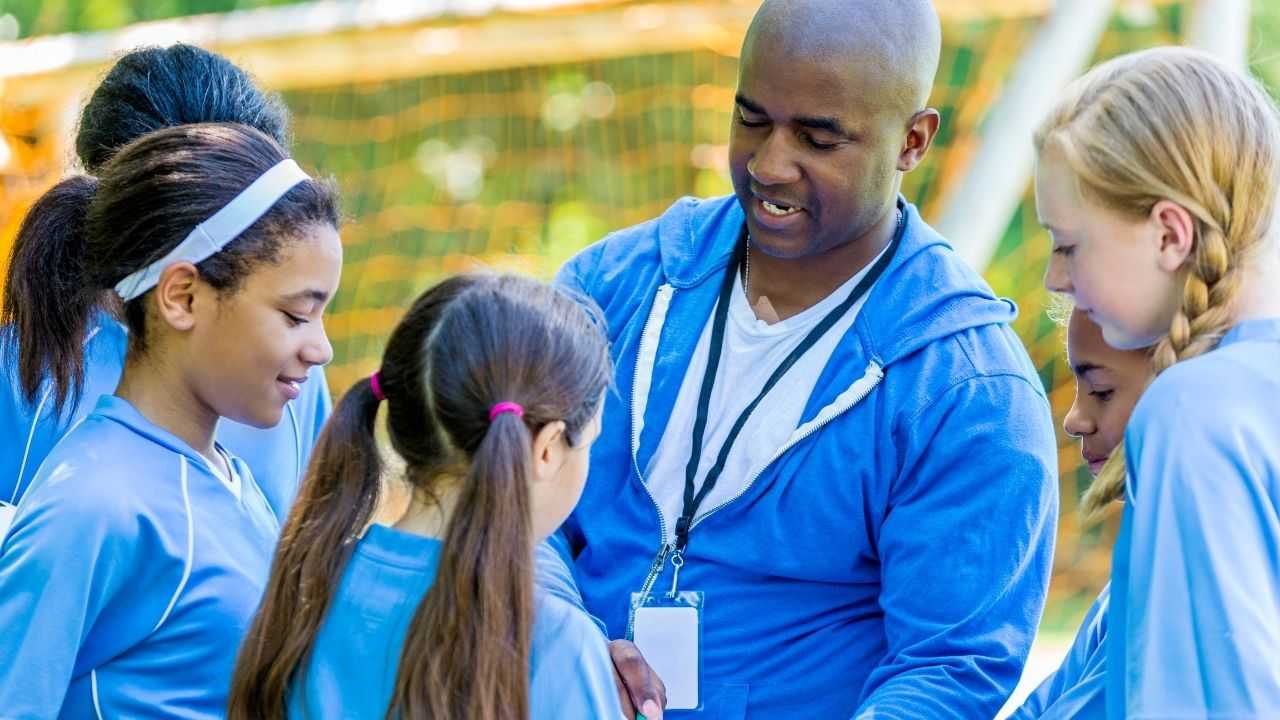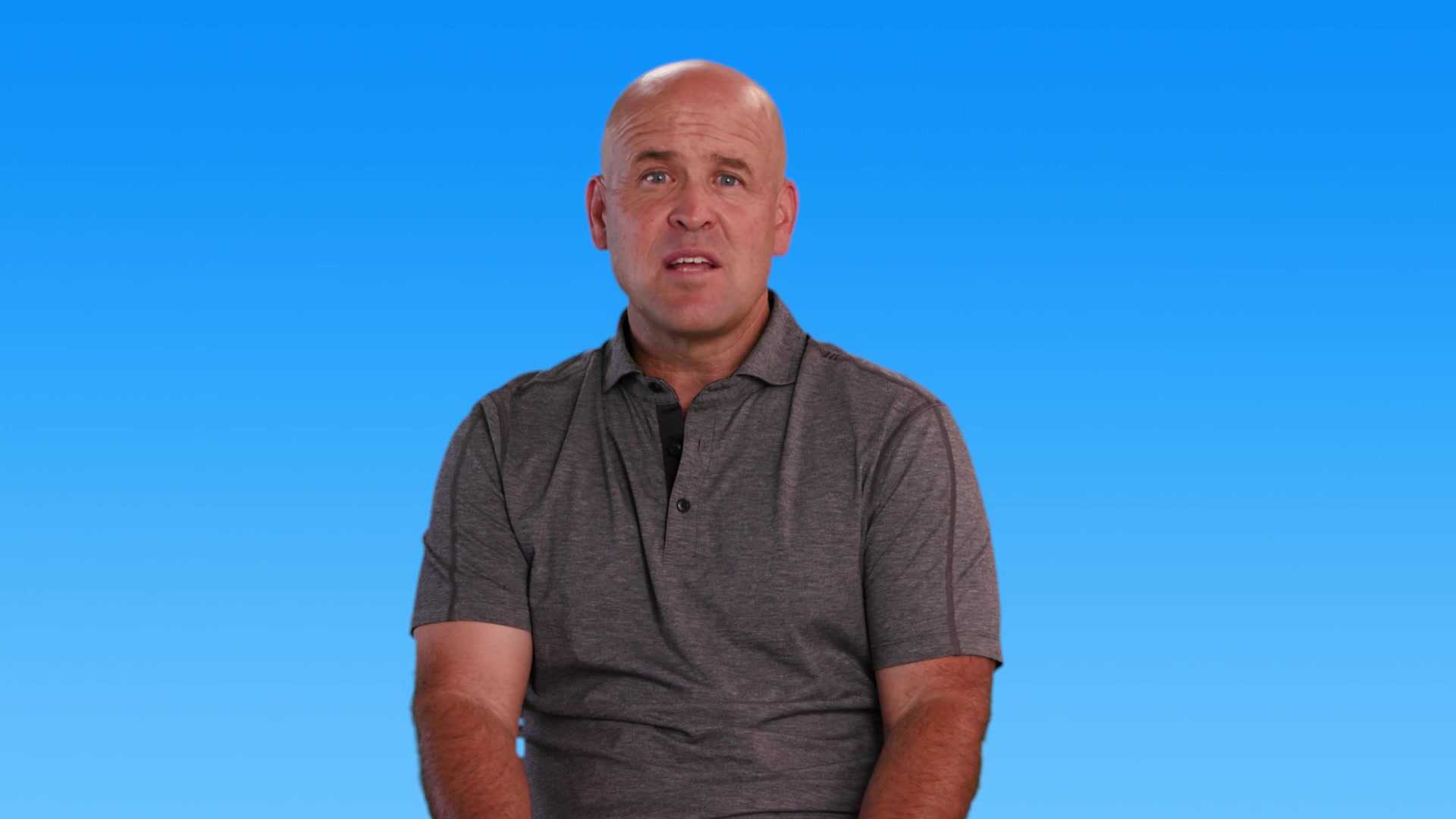Coaching Tips from a Master of Improv
“Yes and…” is the coaching point you didn’t know you needed
Iva-Marie Palmer
| 4 min read

Keith Saltojanes
Keith Saltojanes, head instructor and founder of Improv-LA, will admit that it’s been a while since his father coached him in Little League. But it’s not the on-field experience that gives him an edge when it comes to connecting with young people — and making it really fun.
It’s the power of improv.
In the classes he teaches, Saltojanes works with students of all kinds to “get over their fears and play like when they were little kids.” And along the way, he uses improv to teach confidence, cooperation, collaboration and connection — no matter the context. It’s no wonder, then, that he has a lot of wisdom to share with youth coaches on getting the same results with their players.
Here’s his improv wisdom, translated for the field.
1. Start practice before it starts.
When Saltojanes leads an improv class, he comes in and begins to joke and banter with the students waiting. He’s loosening them up. Just like in sports, no one performs well if they haven’t warmed up a bit first.
As your team gets to the field, try to engage the kids in chit-chat – ask what they did at recess that day or what they did that weekend. Better yet, have them join informal games.
2. Get them to trust their instincts.
Even as a casual observer, Saltojanes can draw a line between improvisational comedy and team sports. In both improv and sport, he says, “You practice, you get training, your team does all these drills — but ultimately, when you’re on stage or in a game, you’re going off of instinct.”
On game day, kids take the skills and activities from practice and put them to the test on the playing field — against defenders and in front of parents, friends and community. As the coach, the more you can prepare them, the more confident they’ll be to trust themselves — and their instincts — when it’s time to compete.
3. Fake it ‘til you make it.
“When you’re going into something as a teacher, speaker or coach, everyone expects you to know what you’re doing,” Saltojanes says. Whether or not you’ve coached before, your players are looking to you for authority.
So, own your role — regardless. “Everyone else is more nervous than you,” he says.
4. Try the “yes, and” method.
“Yes, and” is the rule of improvisational comedy. Basically, whatever your fellow performer attempts, you listen, agree and play off it.
In youth sports, Saltojanes emphasizes “yes, and” as a way to listen to your team. In other words, instead of trying to control everything, build off what your team is giving you.
Instead of focusing on something not going the way you thought, a “yes, and” attitude means staying in the present moment.
“If you decide to be there, be present, and remember that every situation will be different in some way, you’ll feel a lot better,” he says.
5. Remember what they’re there for.
Maybe there are some kids on your team who just don’t want to play. They’re there because their parents wanted to get them off the Nintendo Switch.
“You can’t force anyone to love the game,” Saltojanes says. “But you can help them have fun.”
He recommends giving kids a chance to goof around – that early practice banter is a good time for it, but so is a break in the middle of activities. He also recommended adding a layer of silliness when you can. For example, ask the kids “What’s another way to run the bases?” and let them try it Godzilla-style or while incorporating moves from a Fortnite dance. Chances are they’ll be more engaged if there’s a game within the game.




